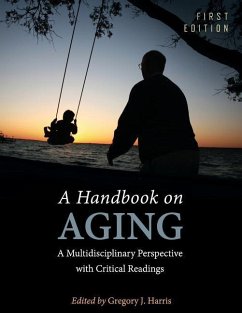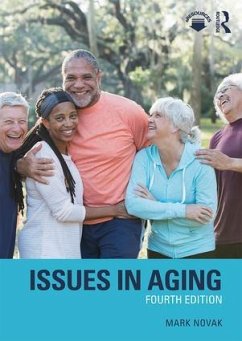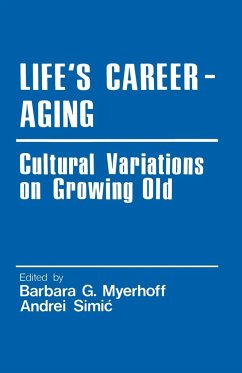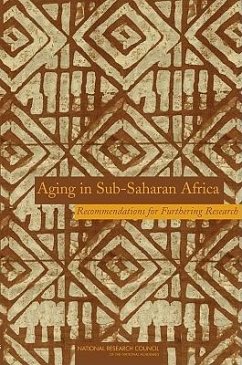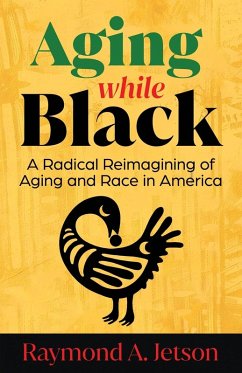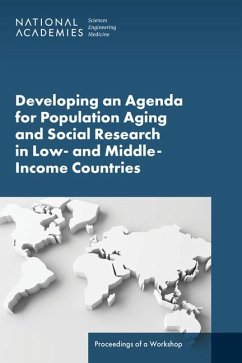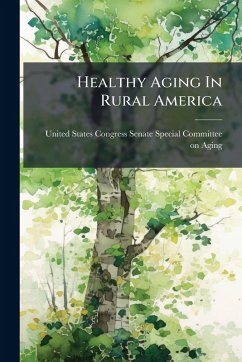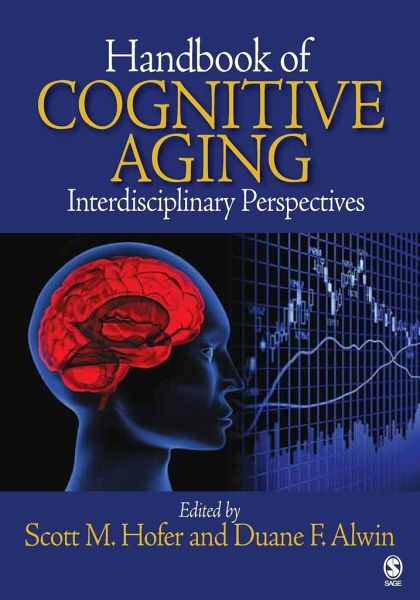
Handbook of Cognitive Aging
Interdisciplinary Perspectives

PAYBACK Punkte
59 °P sammeln!
ôProvides a unique perspective. I am particularly impressed with the sections on innovative design and methods to investigate cognitive aging and the integrative perspectives. None of the existing texts covers this material to the same level.ö ùDonna J. La Voie, Saint Louis University ôThe emphasis on integrating the literature with theoretical and methodological innovations could have a far-reaching impact on the field.ö ùDeb McGinnis, Oakland University The Handbook of Cognitive Aging: Interdisciplinary Perspectives clarifies the differences in patterns and processes of cognitive aging...
ôProvides a unique perspective. I am particularly impressed with the sections on innovative design and methods to investigate cognitive aging and the integrative perspectives. None of the existing texts covers this material to the same level.ö ùDonna J. La Voie, Saint Louis University ôThe emphasis on integrating the literature with theoretical and methodological innovations could have a far-reaching impact on the field.ö ùDeb McGinnis, Oakland University The Handbook of Cognitive Aging: Interdisciplinary Perspectives clarifies the differences in patterns and processes of cognitive aging. Along with a comprehensive review of current research, editors Scott M. Hofer and Duane F. Alwin provide a solid foundation for building a multidisciplinary agenda that will stimulate further rigorous research into these complex factors. Key Features Gathers the widest possible range of perspectives by including cognitive aging experts in various disciplines while maintaining a degree of unity across chaptersáExamines the limitations of the extant literature, particularly in research design and measurement, and offers new suggestions to guide future researcháHighlights the broad scope of the field with topics ranging from demography to development to neuroscience, offering the most complete coverage available on cognitive aging





